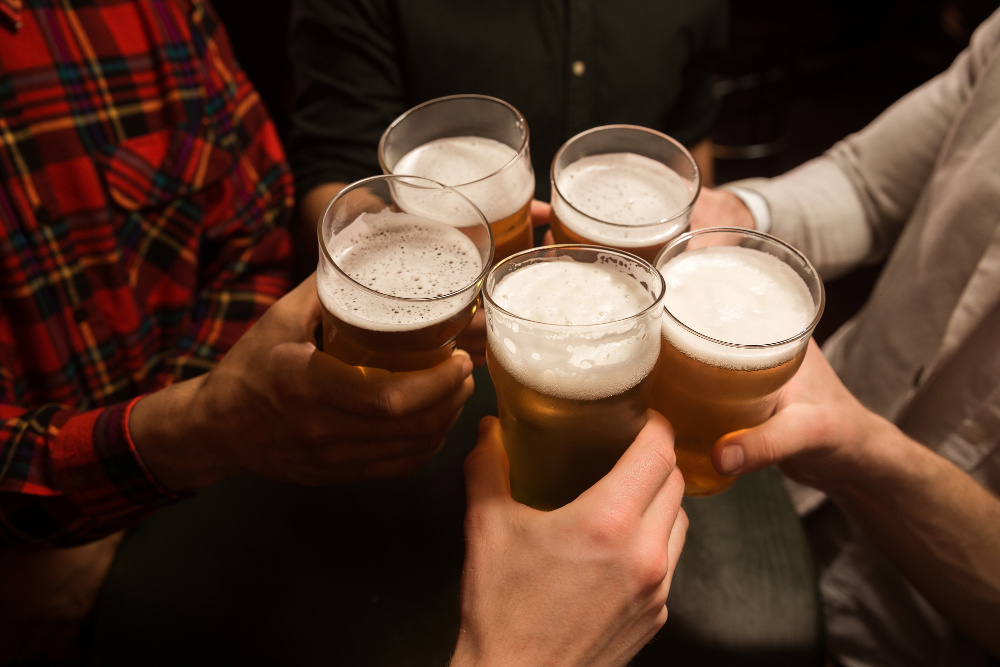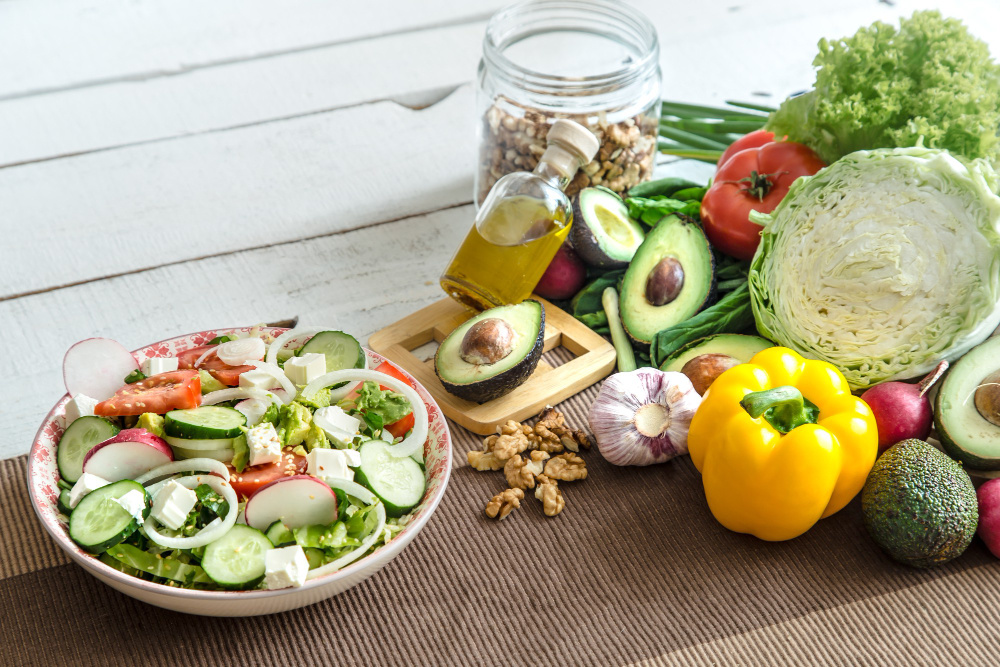
News
What should eat before and after a PRP injection?
13 Aug,2025

PRP regenerative therapy is an injection therapy that uses a large amount of growth factors extracted from one's own blood to treat damaged or injured tissues. However, the therapeutic effect of PRP can actually be enhanced through some simple lifestyle changes. Adjustments from diet to nutritional supplements help achieve better injection results. The vitamins consumed by the body before treatment will affect the quality of your blood during extraction. Ideally, it is necessary to maintain a healthy diet, keep the quality of platelets in the blood good, and avoid any events that may cause inflammatory reactions, which is essential for PRP's growth factors and molecular peptides to initiate repair effects.
1) Fat-free diet recommendation: Eat a low-fat or fat-free diet at least 12 hours before blood collection. This will reduce inflammation in the blood and the body.
Some low-fat foods include:
- Leafy green vegetables such as spinach and lettuce – these can also increase platelet count
- Fruits
- Legumes
- Cruciferous vegetables, such as cabbage, cauliflower, Chinese cabbage, etc.
- White lean fish, such as cod and perch – it is best to steam or bake them
2) Increase water intake
Drink plenty of water 2 hours before blood collection. This can help you maintain a healthy heart rate and blood pressure, thereby minimizing your discomfort and improving your blood quality before blood collection. Staying hydrated can also improve blood circulation.
What to avoid taking before PRP injection?
Ideally, the following should be avoided for at least 3 days before blood collection to achieve the best results.
1) Anti-inflammatory drugs
PRP regenerative therapy works by utilizing the body's micro-inflammatory response, so medications that inhibit these inflammatory reactions may reduce the full therapeutic effect of PRP.
2) Anticoagulant drugs
Anticoagulants are used to prevent blood clotting, which can diminish their effectiveness during injection therapy. If you are taking them, consult your prescribing doctor to see if it is safe to stop using these medications. You should stop taking them at least 2 days before blood collection.
3) Alcoholic beverages
Alcohol is a blood thinner that can prevent clotting, which may affect the quality of platelet-rich plasma during extraction. Ideally, you should avoid drinking alcohol for one week before PRP treatment. Most importantly, alcohol can increase the body's sensitivity to pain, meaning the blood collection and injection process may feel more uncomfortable than usual. Additionally, the blood-thinning effect of alcohol can promote side effects such as bleeding and bruising.

4)Sugary, processed, and fat-laden foods
Maintain a healthy diet in the few days before treatment. Processed foods high in fat and sugar can lead to poor blood circulation by adding excessive cholesterol to the blood.
Healthy Diet After Injection
PRP regenerative therapy is helping millions of people around the world recover faster and regain mobility. Even the best therapies can be enhanced, and after PRP treatment, dietary intake can affect the healing process.
What to eat after PRP injection?
Eat more foods rich in the following nutrients, or you can also take supplements.
Zinc – red meat, shellfish, legumes
Magnesium – grains, leafy green vegetables, dairy products
Potassium – leafy green vegetables, nuts, dairy products
Sulfur – poultry and eggs, fish, nuts
B vitamins – dairy products, offal (liver, kidney, etc.), fish
Vitamin C – citrus fruits, bell peppers, cruciferous vegetables
Vitamin D – oily fish, red meat, offal
Protein – lean meat, poultry, lentils
Fish oil – fish oil capsules, fatty and oily fish, cod liver oil

Avoid foods and beverages that reduce platelets
Some foods are known to lower platelet counts. Surprisingly, many of the foods on the list of platelet-reducing foods are actually considered very healthy natural foods and part of a balanced diet. Although these foods are regarded as healthy, they may not be suitable for heavy consumption during the initial recovery period after undergoing PRP treatment.
The following are foods that can lower platelet counts:
Cranberry juice
Alcohol
Garlic
For those concerned about platelet counts, alcohol is the most important concern in the post-PRP phase. This is because long-term studies have confirmed that alcohol can hinder the production of blood cells, thereby reducing the number of platelets in the blood.
Avoid smoking
Studies have identified a link between smoking and delayed wound healing. Continuing to smoke while undergoing PRP treatment may be counterproductive.
Engage in regular aerobic exercise
Regular aerobic exercise is one of the best ways to naturally boost the immune system! Aerobic exercise also helps to naturally increase our red blood cell production, which amplifies the impetus for the effects of PRP injections. For patients with reduced mobility due to pain or stiffness, aerobic exercise is obviously difficult. However, planning to safely engage in appropriate forms of aerobic exercise is one of the greatest boosts that PRP patients can obtain!
Related News
PRP Technology – Repair and Anti-Aging
2025-10-14
Clinical Application of PRP in Dermatology
2025-10-10
